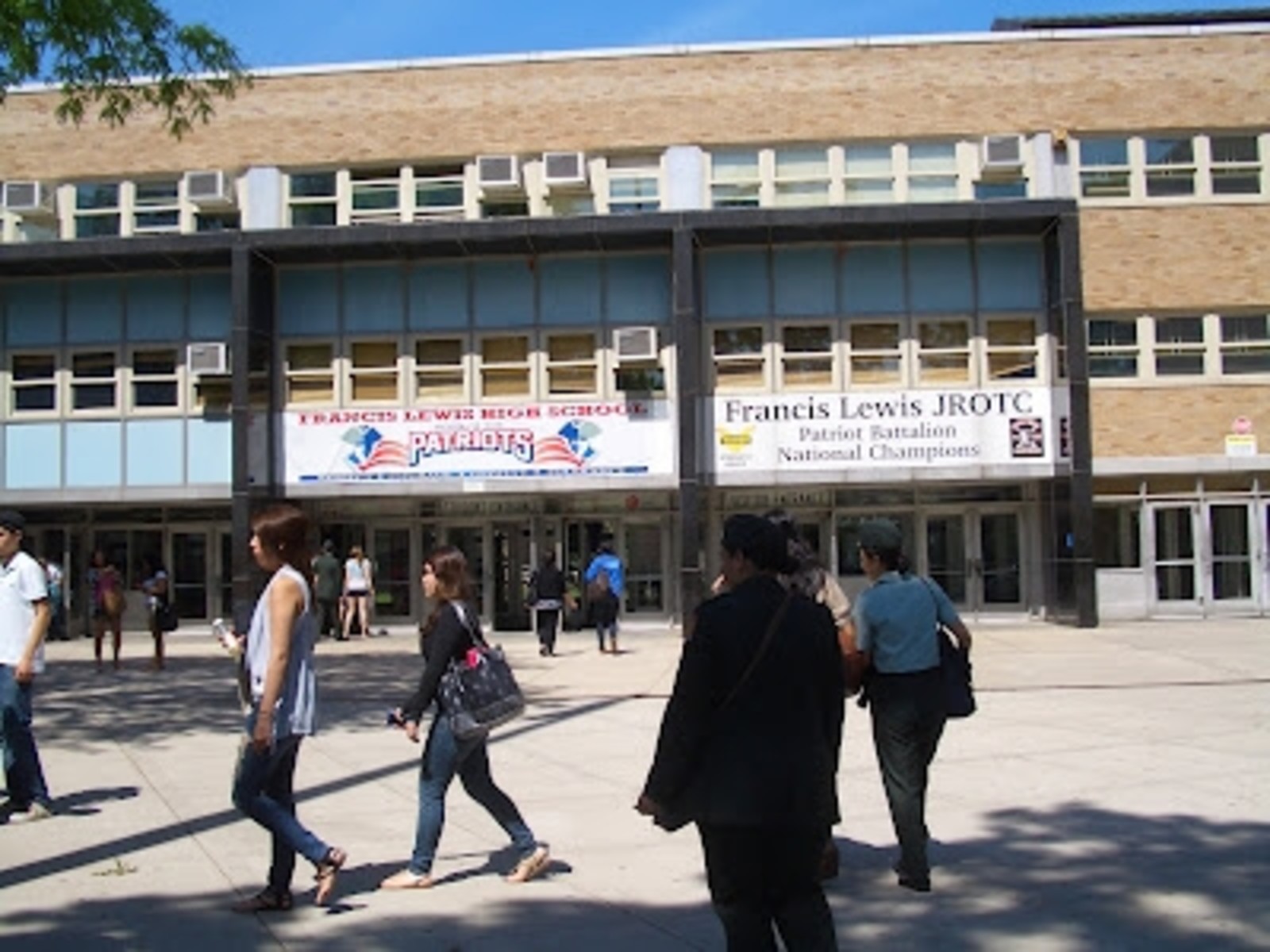"New" rule: full day for high school seniors

Gone are the days of morning class and afternoon jobs for 12th graders in New York City.
Principals say this fall, a policy requiring high school seniors to attend a full day of school will be newly-enforced. Even seniors on track to graduate, who only need to fill a few more requirements, must attend at least 5.5 hours of class and have lunch as part of their school schedule.
The policy, outlined in the DOE’s February 2012 High School Academic Policy Reference Guide (PDF), means that thousands of students are scheduled for more instruction time than is customary, stretching already tight school budgets and perhaps pushing some students to graduate early.
In April, Midwood High School announced this "dramatic change" on its website: "As of September 2012 all seniors will be scheduled for a minimum of six classes and lunch. This change to the programming of seniors is a city and state mandate and therefore there can be no exceptions."
According to the DOE, the policy is nothing new. "There are no new requirements," DOE spokesperson Marge Feinberg said in an email. The 2012 High School Policy Handbook "consolidated the existing city and state policies. The DOE regularly monitors implementation of the requirements."
New York State Board of Education policy mandates 5.5 hours of instruction time for all 7th to 12th graders, or else school districts face a loss of funds. As far as the state is concerned, city schools have been following this attendance policy for at least two decades, said Carl Friedman, associate in planning and evaluation at State Ed. Friedman said he was unaware of changes to local policies but that if the city made any changes recently, “they’re just cleaning up their own house.”
In an email to Insideschools, Midwood Principal David Cohen explained that, in the past, “the city allowed schools to bypass state rules when seniors were meeting [graduation] requirements but short of seat time by [the] state. The city made it clear, in the new academic policy document, that we too must now follow the state rule.”
Midwood, a school of nearly 4,000 students, previously allowed seniors to take only the classes they needed to graduate, which often worked out to only three or four classes a semester, Cohen said. Now, to fill in scheduling gaps, the school hired a few more teachers. "Of course the newly implemented rule comes with no additional funding," he said.
Francis Lewis High School, a Queens schools where enrollment tops 4,000, also had to hire new teachers. "We are already stretched in regards to budget & space,” said Principal Musa Ali Sham, reached via email. “This will impact both.”
“Every year another hurdle is put in place with less money to clear it,” he said.
At Hillcrest High School in Queens, the new attendance policy will affect 300-400 seniors, said Principal Stephen Duch. Some of Hillcrest’s "high-performing seniors" have, in the past, been allowed to leave “after 5th or 6th period” Duch explained.
Hillcrest will have to shift priorities for high- and lower-performing seniors, but offering extra periods to seniors who are on track to graduate may take away resources from students who are struggling in senior year and need extra support, Duch said.
Instead of hiring new teachers, Duch is looking at ways to fill extra class time with activities like community service, which is a graduation requirement for all Hillcrest seniors.
Feinberg, the DOE's spokesperson, suggested that schools might offer extended core courses, AP courses, college prep and internships to seniors who have already met the minimum diploma requirements.
Students are unhappy with the changes, according to Shama. “You have a lot of seniors who go out and find jobs their senior year, and I am already hearing students complain about their schedule.”
Another concern is that kids will be pushed to make an “inappropriate decision” to graduate early, something Duch says won't happen at Hillcrest but can negatively affect college readiness because students will have a dead semester between January graduation and September college start.
“The problem is really the blanket policy that the DOE has issued,” Duch said. They’re “taking the decision making out of the school that knows the child best.”
This post was updated to include DOE comment 5:30 pm on 8/15/12 and at 10:20 am on 8/16/12.
Please Post Comments